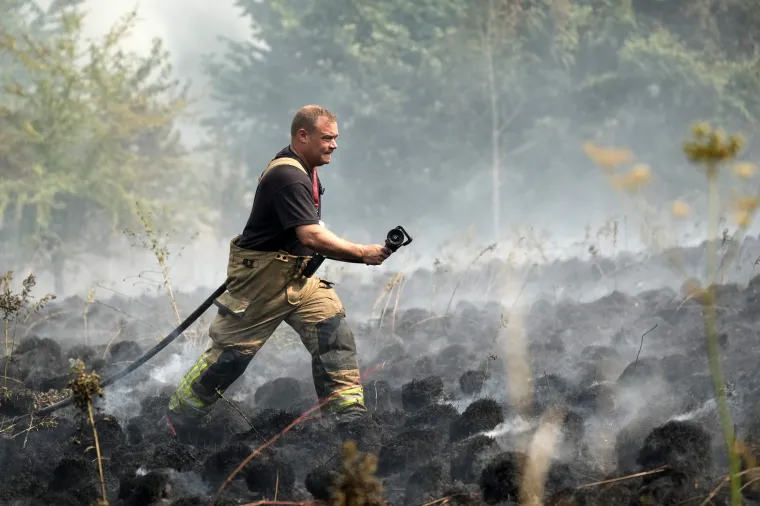The National Trust has said that the loss of predictable weather patterns is “causing chaos” for nature.
It also warned that climate change was upsetting the regular rhythm of the seasons, making plants and wildlife more susceptible to disease. The effects can be seen across the estates the National Trust manages.
“This seasonal “baseline shift” is disrupting the annual behaviours of animals in particular but also impacting trees and plants, it said.
Ben McCarthy, head of Nature and Restoration Ecology at the National Trust said that the incremental shifts we’re experiencing in terms of our seasons extending may not feel like much in a 12-month period, but over a decade the changes are extremely significant.
According to reports, 2023 saw a series of temperature records, with the warmest June and highest sea temperatures ever recorded around the coast of the UK. An unusually warm winter allowed pests and diseases to thrive.
Read also: Research: 2023’s costliest climate disasters show poor lose out in ‘global postcode lottery’
Meanwhile low water levels in rivers, lakes and reservoirs – caused by a lack of rain coupled with the high temperatures – has been a factor in increased algal blooms.
On some occasions this has led to mass fish deaths as oxygen levels crash, causing them to suffocate. And there were dramatic storms too, with storms Babet and Ciaran damaging landscapes and coastlines around the country.
Story was adapted from BBC.
